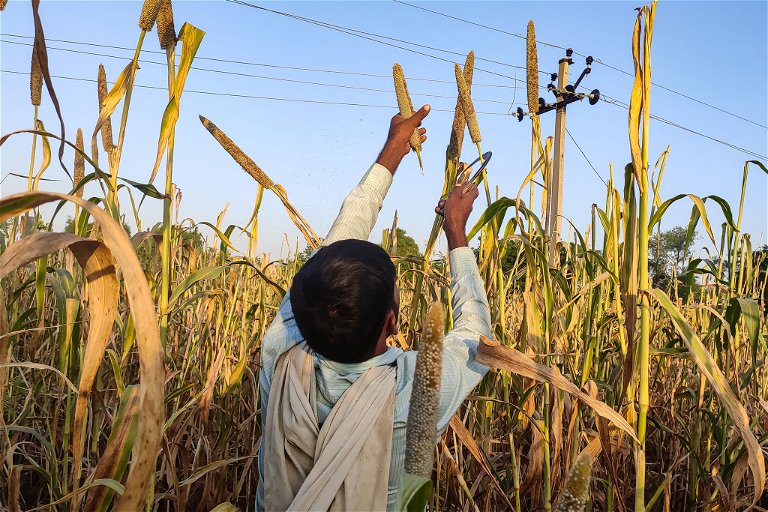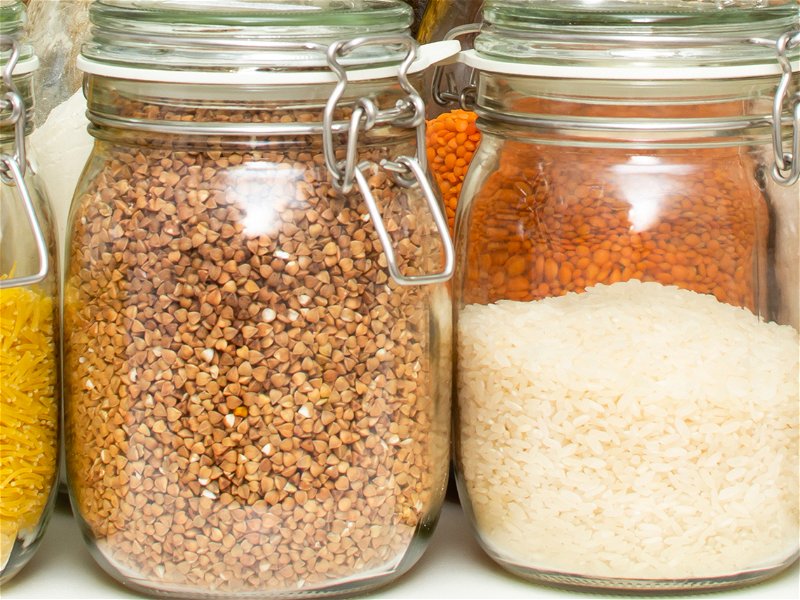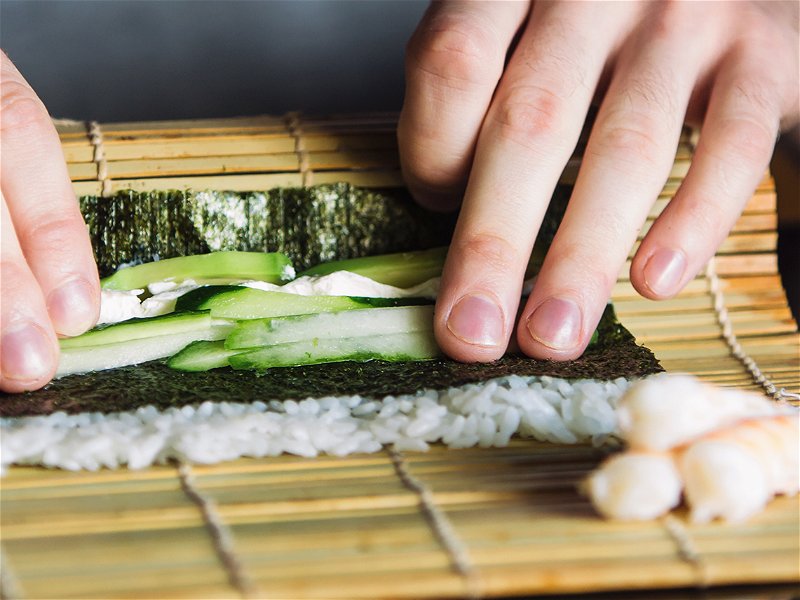The rediscovery of millets: a culinary revolution
From nutritional benefits to gluten-free indulgence, millet is being rediscovered as a culinary adventure and could make its way back onto international menus for good reason.
In the world of nutrition, millet has become an unsung hero, brimming with positive benefits. In India, one of the most populous countries in the world, millets accounted for 40 percent of cereal cultivation for a long time, but were then increasingly replaced by high-yielding wheat. However, due to its key health qualities, the "forgotten" grain could now make a global comeback and offer a solution to the nutritional problems of the growing world population - because although grains such as wheat provide adequate amounts of calories, they do not necessarily contain enough vitamins and other necessary substances to effectively combat malnutrition. Incidentally, 2023 was declared the International Year of Millets on the initiative of India.
Nutrient-rich marvels
Millet is not only considered a humble grain, but also a powerhouse with many important vitamins and minerals. These tiny pearls are a rich source of fibre, which aids digestion and contributes to a healthy gut. Millet grains are also high in protein, which makes them an excellent choice for vegetarians and vegans who want to meet their protein requirements. As a bonus millet is naturally gluten-free and has a low glycemic index. The slow release of carbohydrates helps to regulate blood sugar levels, which ensures a constant supply of energy without any cravings.

Millet is also a real secret weapon for the heart and general cell health. Magnesium and potassium help to regulate blood pressure and cholesterol levels, while the antioxidants they contain help to neutralise harmful free radicals in the body, which can reduce the risk of chronic disease and support cellular health.
Sustainable delicacy
Millet plants are also beneficial for the environment and agriculture. These hardy plants require little water and can thrive in dry conditions, making them a sustainable choice for agriculture in warmer countries.
Falstaff reveals five recipes in which millet is the star guest.
Don't miss out!
Sign up now for our newsletter.













